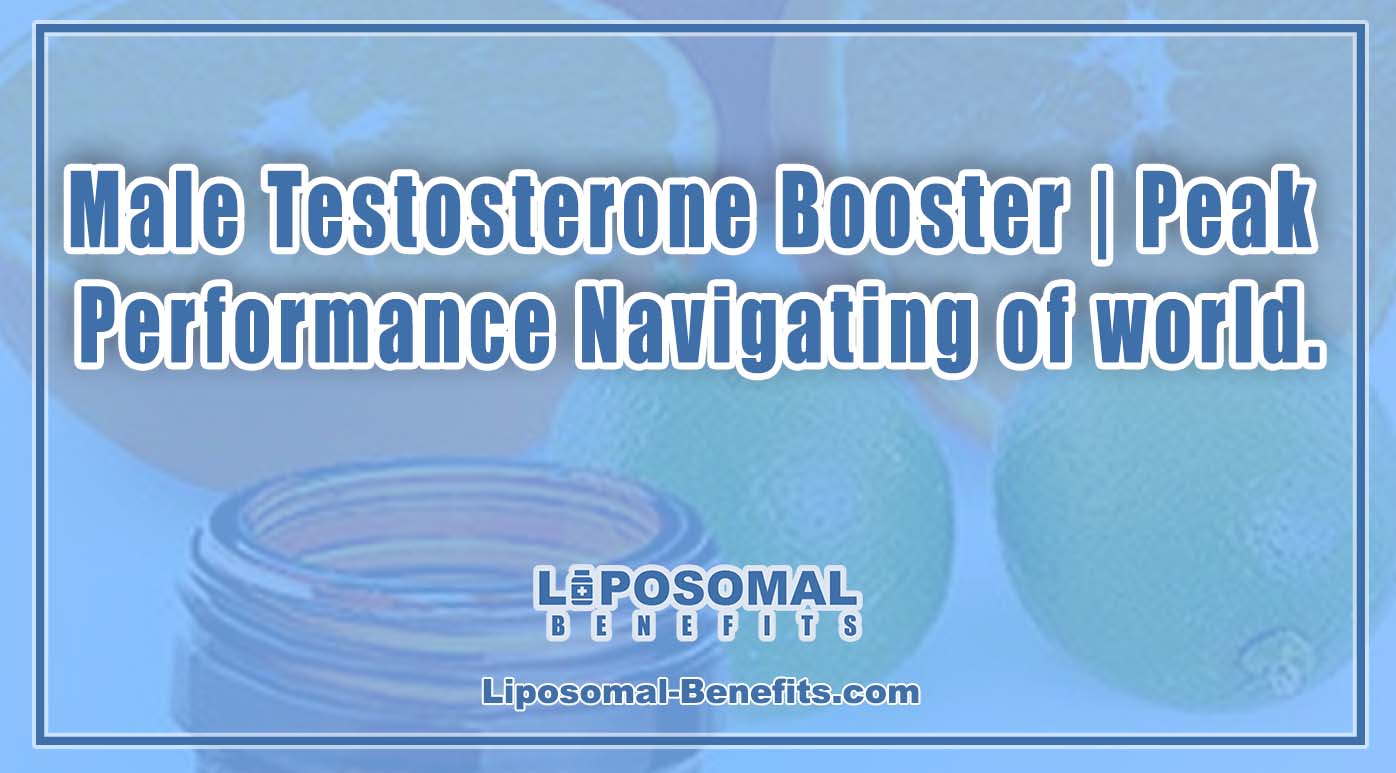
Male Testosterone Booster often regarded as the quintessence of masculinity — is a steroid hormone that plays a crucial role in the health and well-being of men. Known for its potency in influencing male physical attributes, it also affects mood, energy levels, and sexual performance. With the aging process and other external factors, testosterone levels can decline, leaving men in search of ways to restore their vigor. In this pursuit, testosterone boosters have become a beacon of hope for many seeking to reclaim their peak performance.
Testosterone production naturally peaks during adolescence and early adulthood. As men age, starting in their 30s, the level of testosterone in their body begins to drop gradually. This decline can lead to various symptoms, such as fatigue, reduced muscle mass, increased body fat, and a decrease in bone density. It can also negatively impact mental health, causing a lack of confidence, depression, and a general decrease in the quality of life.
To combat these effects, the market abounds with testosterone booster supplements promising to reverse the tide. These over-the-counter products often contain a blend of vitamins, minerals, and herbal extracts purporting to naturally stimulate testosterone production. Components such as vitamin D, zinc, magnesium, fenugreek, Tribulus terrestris, and D-aspartic acid are typical in these formulations.
It’s essential, however, to approach testosterone boosters with a healthy dose of skepticism and an eye for scientific backing. Not all products are created equal, and the efficacy of some ingredients is often supported by scant evidence or based on animal studies. Men should do their research or consult with a healthcare provider before starting any supplement regimen.
While supplements can play a role, lifestyle factors are paramount when it comes to naturally increasing testosterone levels. Here are some strategies that can lead to an improvement in hormonal health and overall well-being:
Resistance training, such as weight lifting, is known to increase testosterone levels in the short term. Consistency with your workout regimen can also have long-term benefits for testosterone and help mitigate the effects of aging.
A diet that contains an appropriate amount of protein, fat, and carbohydrates can help maintain healthy testosterone levels. Overeating and constant dieting should be avoided as they can disrupt hormone levels.
Cortisol, the body’s stress hormone, has an inverse relationship with testosterone. High cortisol levels can quickly reduce testosterone. Stress reduction techniques, such as meditation, regular exercise, and quality sleep, can help manage cortisol levels.
Adequate sleep is just as critical to testosterone production as diet and exercise. Aim for 7–9 hours of quality sleep per night to help maintain hormonal balance.
Overconsumption of alcohol and other substances has been linked to lowered testosterone levels. Moderation is key to keeping your hormones in check.
If you’re considering a testosterone booster supplement, it’s vital to scrutinize product labels and research the credibility of their claims. Here are some tips to navigate the world of these supplements:
In the journey to peak performance and optimal health, supplements can play a role but should complement, not replace a healthy lifestyle. By taking a holistic approach that incorporates exercise, diet, stress management, and proper sleep, men can create a robust foundation for maintaining or boosting their testosterone levels naturally. With careful navigation, informed choices, and a commitment to healthful living, the decline in testosterone can be addressed, leaving men feeling revitalized and ready to tackle the challenges ahead.
